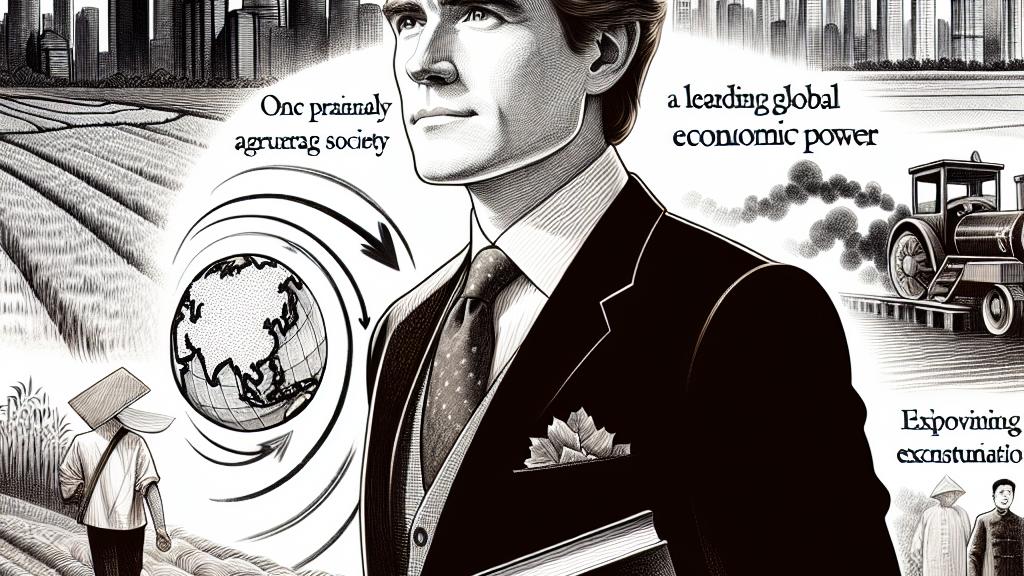Walz's China Connection: From Classroom to Chenango!
Overview
- Tim Walz's extensive ties to China began with his teaching experience in 1989.
- His connection with China has ignited substantial political debate in the U.S.
- Experts believe his background could reshape future U.S.-China diplomatic relations.

A Long Journey with China
Tim Walz, currently serving as Minnesota's governor and recently selected as Kamala Harris’s vice-presidential running mate, first journeyed to China in 1989. He taught English and American history in Guangdong, coinciding with the Tiananmen Square protests that year—a pivotal event that significantly altered China's political landscape. His transformative decision to live and teach in China was anchored in the belief that education fosters mutual understanding. Throughout his career, Walz has returned to China over 30 times, recognizing its rapid evolution from a largely agrarian society into a leading global economic powerhouse. He and his wife founded a travel company to promote educational exchanges between the U.S. and China, illustrating his commitment to fostering cultural dialogue, particularly crucial amid rising geopolitical tensions.
Political Reactions and Critiques
Walz's long-standing relationship with China presents a complicated narrative in U.S. politics. Critics from the Republican party, particularly allies of former President Trump, have lambasted Walz, labeling him as a friend to the Chinese Communist Party. Such claims emerged following his selection as vice presidential nominee, as they attempt to cast doubt on his loyalty to American interests. Conversely, Walz’s supporters highlight his active stance against Beijing’s human rights abuses, underscoring his advocacy for democracy and American economic interests. This criticism reflects a broader bipartisan consensus on taking a firm stance against China's global ambitions, although the methods and rhetoric diverge significantly. The discourse surrounding Walz encapsulates the complexities of navigating U.S.-China relations, which are often characterized by tension fluctuating between conflict and potential collaboration.
Potential Impact on U.S.-China Relations
While vice presidents traditionally have limited direct control over foreign policy, their insights and experiences can profoundly influence a president's approach to international relations. Walz's comprehensive background in China positions him uniquely to grasp the intricacies of U.S.-China dynamics. His experiences dating back to the late 1980s, over which time he has observed China's ascent to a global superpower, could offer essential perspectives for cultivating a more stable and constructive bilateral relationship. Experts speculate that his understanding of early reforms in China may help navigate current challenges, such as trade disagreements and technology competition. However, skepticism remains, especially in China, where the prevailing sentiment suggests that personal backgrounds may have little effect on entrenched national policies. Finding a balance between vigilant engagement and cooperation is essential for the U.S. moving forward.

Loading...